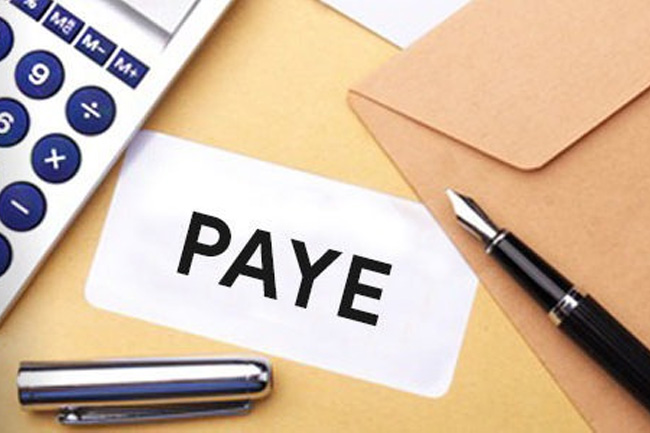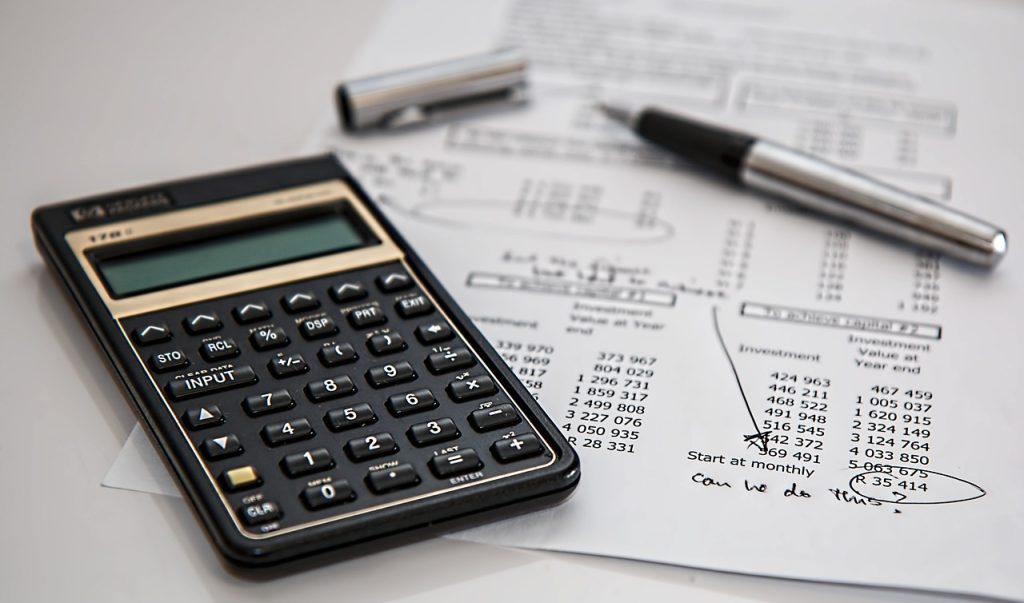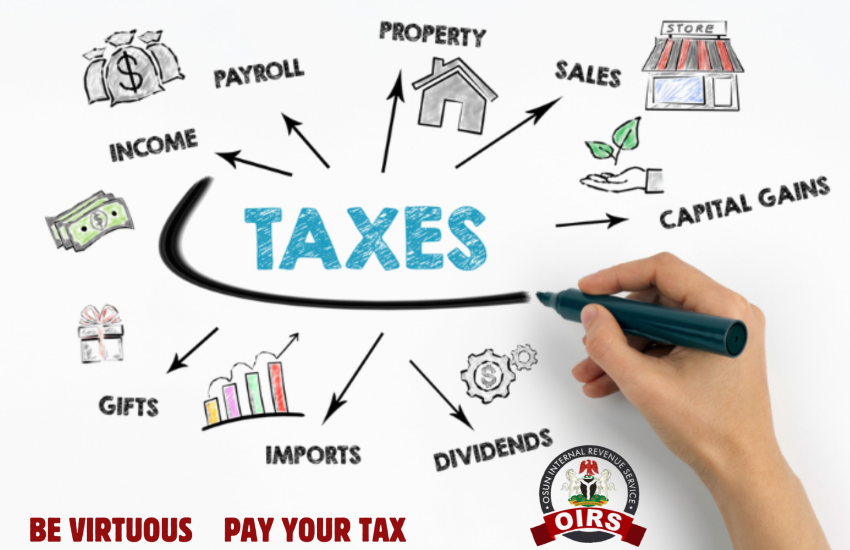Taxes (Taxation) isn’t a one-size-fits-all concept; they comprise various types, each serving a unique purpose. We recognize that comprehending these tax categories is crucial for both individual residents and businesses in Osun State. Through this series, we’ll break down these types in simple terms, providing you with the knowledge needed to navigate the tax landscape with confidence.
Types of Taxes in Osun State
Direct Assessment
Direct Assessment is used to assess tax for self-employed individuals. With the self-assessed tax, a new tax payer can assess himself or herself, pay the calculated tax at designated banks, and get an e-TCC (Tax Clearance Certificate) without visiting any tax office.
Land Use Charge
Land Use Charge is a consolidation of all land based rates and charges payable in the State. It consists of property Tax, Tenement Rate and Ground Rent. In determining who should pay; it is expected that the owner of the assessed property will be liable for the payment of the Land Use Charge. Demand notice can be served on the owner or occupier.
Sales Tax
Sales Tax, a government-imposed consumption tax on goods and services, is traditionally collected by retailers at the point of sale and remitted to the government. Regulations may permit sellers to separately list the tax or include it in the price. The tax amount is typically determined by applying a percentage rate to the taxable sale price.
When consumers directly pay a tax on goods or services to the governing body, it is often referred to as a use tax. Laws may exempt specific goods or services from both sales and use taxes.
Conventional sales taxes are applied to the end user of a product or service, creating complexity in modern economies where goods undergo multiple manufacturing stages. To determine tax liability, extensive documentation is required to establish the ultimate responsible party.
For instance, if a sheep farmer sells wool to a yarn manufacturing company, the yarn maker must obtain a resale certificate to avoid paying sales tax. This process continues through subsequent stages, involving resale certificates for each transaction. Ultimately, the retail store selling the final product, such as fuzzy socks, charges sales tax to the customer.
Sales tax rates vary across jurisdictions, often overlapping at the state, county, and municipal levels. Use taxes, charged by governments for items purchased outside their jurisdiction, are generally set at the same rate as sales taxes. However, enforcement challenges make them primarily applicable to significant tangible goods purchases, such as when a resident of Osun buys a car in Lagos, necessitating payment of the local sales tax as if the purchase were made at home.
Pay As You Earn (P.A.Y.E)
Pay-As-You-Earn Tax (P.A.Y.E.) is a withholding tax on income payments to employees. Amounts withheld are treated as advance payments of income tax due. They are refundable to the extent they exceed tax as determined on tax returns.

How PAYE is deducted
PAYE may include withholding the employee portion of insurance contributions or similar social benefit taxes. In most countries, they are determined by employers but subject to government review. PAYE is deducted from each paycheck by the employer and must be remitted promptly to the government. Most countries refer to income tax withholding by other terms, including pay-as-you-go tax.
Who deducts PAYE?
All employers in Nigeria are responsible for deducting Pay As You Earn (PAYE) taxes from their employees’ pay. Taxes deducted are required to be remitted to the appropriate tax office by the 10th day of the month following the deduction.
Monthly payments of Pay As You Earn (PAYE) tax liabilities are to be made on or before the 10th day of the month following the applicable month (e.g. January tax to be remitted by 10th of February).
PAYE CALCULATION

PAYE Taxes are calculated as follows:
After the relief allowance and exemptions (see blow) have been granted, the balance of a taxpayer’s income is taxed on a graduated scale as shown below:
– First N300,000 of income @7%
– Next N300,000 of income @ 11%
– The Next N500,000 of income @ 15%
– Next N500,000 of income @19%
– Next N1,600,000 of income @ 21%
– Above N3, 200,000 of income @ 24%.
Personal Income Tax Reliefs
The Personal Income Tax Amendment Act of 2011 scrapped the old relief systems and increased relief for all taxable person(s). The amendment combined all reliefs into the Consolidated Relief Allowance (CRA), which combines all previous reliefs (Housing, Meal, Utility, Transport, Leave allowances, etc) into a single relief of N200,000 subject to a minimum tax of 1% of gross income (whichever is higher) plus 20% of the gross income.
Highlights of the amendment are :
– Consolidated Relief – N200,000.00 or 1% of gross Income whichever is higher
– Plus 20% of Gross Income
– Minimum tax payable is 1% of Gross pay.
Other Taxes Exempt Items
In addition to the Consolidated Reliefs and Allowances (CRA) above, the following items are tax exempt and tax is calculated after amounts paid in respect of these items are deducted;
– National Housing Fund Contributions
– National Health Insurance Scheme
– Life Assurance Premiums
– Pension Deductions
Penalties For Non-compliance
The penalty for failing to file returns according to the Personal Income Tax (Amendment) Act, 2011 is N500,000 for corporate organisations and N50,000 for individuals.


3 comments